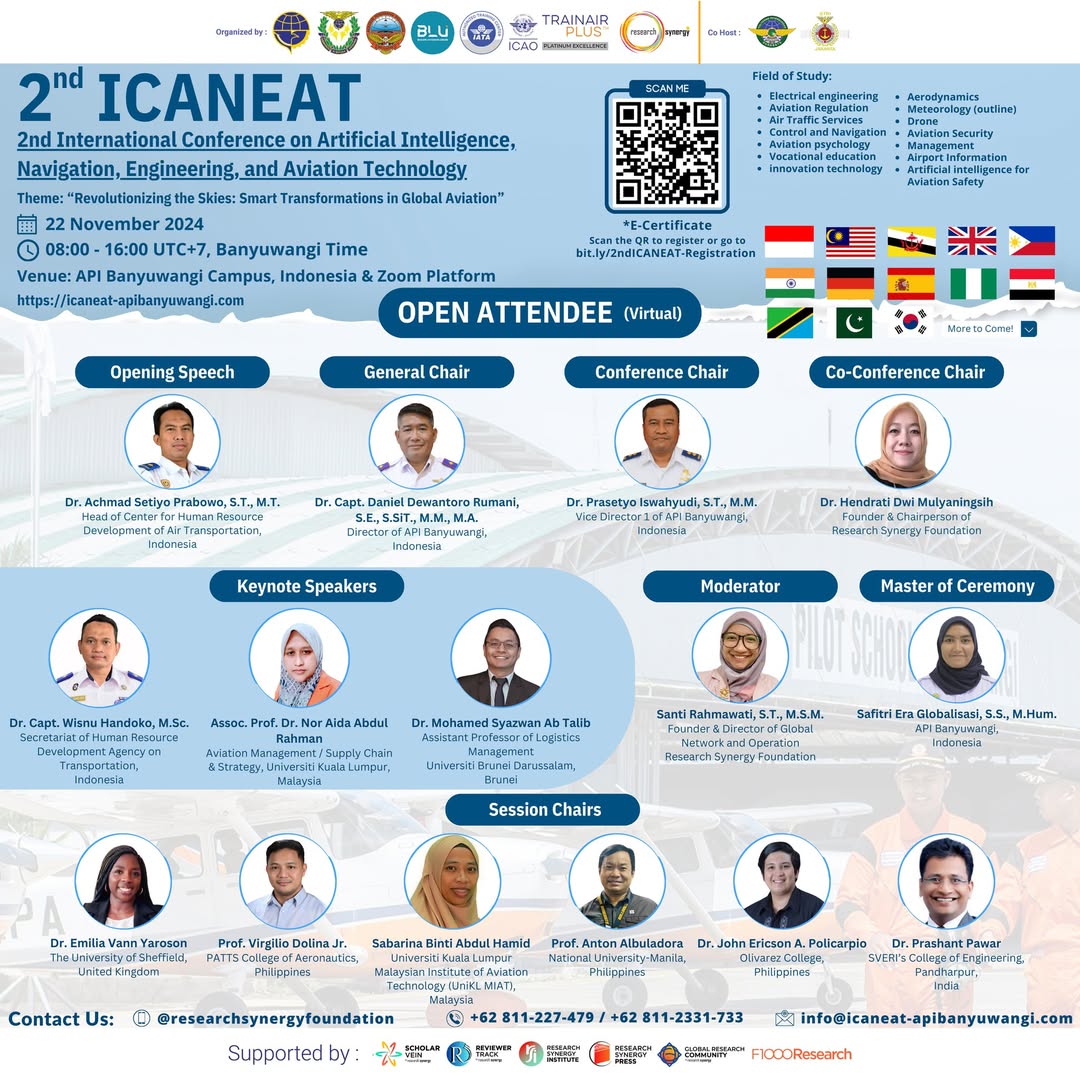Artificial Intelligence and Islamic Ethics: A Framework for Ethical AI Development Based on Maqasid Al-Shariah
Keywords:
Artificial Intelligence; Islamic Ethics; Maqasid Al-Shariah; Ethical AI; Shariah Compliance; AI Development; Islamic Jurisprudence; Digital EthicsAbstract
This study examines the intersection of artificial intelligence (AI) and Islamic ethics through the lens of Maqasid Al-Shariah (the objectives of Islamic law). As AI technology continues to advance rapidly, there is an increasing need to develop ethical frameworks that align with Islamic principles. This research proposes a comprehensive framework for AI development and implementation based on the five essential objectives of Shariah: preservation of faith (din), life (nafs), intellect (aql), lineage (nasl), and wealth (mal). Through analysis of contemporary AI applications and Islamic legal texts, this study demonstrates how Maqasid Al-Shariah can provide ethical guidelines for AI development while ensuring compliance with Islamic values. The findings suggest that this framework can help address critical ethical concerns in AI development while maintaining harmony with Islamic principles.
References
[1] M. Ibrahim, A. Rahman, and S. M. Nor, "Applications of Maqasid Al-Shariah in Digital Technology: An Analysis," IEEE Trans. Technol. Soc., vol. 12, no. 2, pp. 145-160, 2023.
[2] A. Rahman and S. Abdullah, "Framework Development for AI Implementation in Islamic Systems," Int. J. Islamic Digital Economy, vol. 4, no. 1, pp. 23-41, 2023.
[3] H. Auda, "Islamic Jurisprudence in the Digital Age," J. Islamic Studies Tech., vol. 8, no. 3, pp. 78-95, 2022.
[4] S. Khan and M. Ahmad, "Machine Learning Applications in Islamic Contexts: Ethical Considerations," IEEE Access, vol. 11, pp. 12456-12470, 2023.
[5] Dubai Future Foundation, "Islamic Ethics in AI Development: Implementation Framework," Dubai: DFF Technical Report, TR-2023-05, 2023.
[6] N. Hussein, "Preserving Human Dignity in AI Systems: An Islamic Perspective," IEEE Ethics Int. Affairs, vol. 5, no. 2, pp. 189-204, 2024.
[7] R. Mohammad, K. Ahmed, and S. Ali, "AI Applications in Islamic Finance: A Systematic Review," J. Islamic Finance Tech., vol. 7, no. 4, pp. 345-362, 2023.
[8] Z. Ahmed and K. Yusuf, "Healthcare AI Ethics: Islamic Perspectives and Solutions," IEEE J. Biomed. Health Inform., vol. 28, no. 1, pp. 67-82, 2024.
[9] M. Sayeed and N. Abdullah, "Maqasid Al-Shariah in AI Development: Technical Guidelines," IEEE Trans. Islamic Tech., vol. 3, no. 2, pp. 112-128, 2023.
[10] A. Rahman et al., "AI Governance in Islamic Countries: A Comparative Analysis," Int. J. Islamic Digital Ethics, vol. 6, no. 1, pp. 45-63, 2024.
Downloads
Published
Issue
Section
License
Copyright (c) 2024 Fauzan Mas’ar (Author)

This work is licensed under a Creative Commons Attribution-ShareAlike 4.0 International License.









